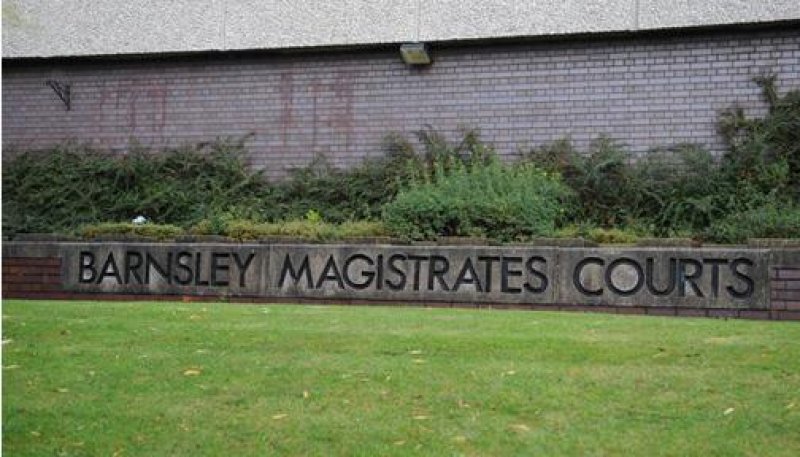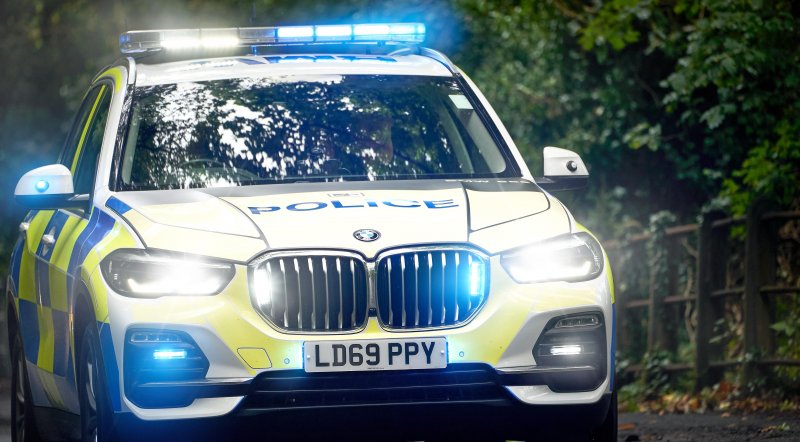With winter fast approaching, it is now more important than ever for us all to carry on following COVID-19 precautions to help stop the spread of the virus by always observing the three-tier local restrictions and remembering three key words – Hands, Face, Space. Please continue to wash your hands, cover your face and make space between yourself and others to control infection rates.
Regional guidelines
Because there are local variations to COVID-19 restrictions, including local lockdowns and site-specific watch lists, we are all encouraged to keep check ing the latest local and regional guidelines.
-
https://www.gov.uk/find-coronavirus-local-restrictions
-
Local authority websites also carry coronavirus support information for individuals, families and businesses.
Here, The UK Government answers your ten most asked questions …
Q: My son is in university campus accommodation with seven others who share a living room, kitchen and bathrooms but have their own bedrooms. Is this OK?
A: Your son and his friends likely constitute a household, so they can continue to gather together, but would not be able to socialise with another person as a household.
Q: My grandmother needs a carer. How can she ensure she is not going to catch COVID-19 if she hires one?
A: Guidance has been developed in collaboration with care provider representative groups for those delivering home care, to ensure that appropriate levels of hygiene are achieved to reduce the risk of infection. You should speak to your care provider about the processes they are following to maintain good hygiene.
Q: I went to a well-known coffee shop chain last week and was not asked to fill out my NHS Test and Trace information. Why not? Are there different rules for different kinds of establishments?
A: The UK Government has introduced a new law to make it mandatory for businesses in the hospitality sector, leisure and tourism sectors, close contact services and community centres and village halls to ask customers for their contact details to support NHS Test and Trace. However, it is only in hospitality sectors where refusal to provide this will necessitate the business refusing entry or service. This does not apply to services where products are taken off-site immediately, for example if food and drink is taken away. If a business offers a mixture of sit-in and takeaway services, contact information should only be collected for customers who are dining in.
Q: My children are starting to come home from school with snuffles and sore throats, but not fevers or coughs. Do I need to get them tested every time they complain of feeling “coldy”?
A: You should get your child tested if they develop one of the three main symptoms of COVID-19: a high temperature, a new continuous cough and/or a loss or change to their sense of smell or taste
Q: I am a pensioner and am feeling very lonely. A social group I was previously part of has started meeting for dinners etc. in small groups in restaurants. Would I be safe to join them?
A: If you live in a Medium risk area you are allowed to join small groups in restaurants, either indoors or outdoors, as long as the number doesn’t exceed six. If you live in a High or a Very High risk area you can meet in groups of up to six people outdoors, in some settings, and only one household indoors. Single households or support bubbles of more than six are still able to gather together.
Q: Can my local gym put on a yoga class for more than six people? And can I continue to play in my netball team?
A: Indoor sport can only take place if the general gathering rules in that area are complied with. In a High or Very High risk areas, individual households or bubbles can participate in indoor sport but must not mix with other households or bubbles. Disabled indoor sport and supervised sports for children are exempt from these restrictions. Outdoor sports can continue to take place with more than six people if they are organised by a company or other recognised body, and where this body undertakes the relevant precautions.
Q: I assume that since I am back at work with 15 people, I can have those people back to my house, to socialise in the garden, as long as we keep the same distance we would in the office. Is that right?
A: No, meeting with work colleagues outside of work is not COVID-19 secure and there is an increased transmission risk.
Q: If my neighbours are having a gathering that is clearly of more than six people, what do I do? Should I call the police?
A: The UK Government is in discussions about what official reporting mechanisms there might be, but people are encouraged to call the non-emergency police number (101) to report any breaches of COVID-19 measures. You should only use the emergency number (999) if there is an immediate threat to life.
Q: Can I book two tables of six in a restaurant so we can talk to each other but not gather at each other’s tables?
A: No. Talking across two tables of six would involve forming a larger gathering or mingling, which would be against the law.
Q: Am I allowed to have five friends back to my flat for a drink after the pubs close at 10pm?
A: Those within local COVID alert level Medium may continue to meet up to five other people so long as you ensure social distancing and other mitigations such as increased ventilation and good hygiene practices like regular hand washing. People in High and Very High risk areas cannot meet people from outside their own household inside but could sit in the garden.
Guidance at a glance
-
COVID alert levels
gov.uk/guidance/local-covid-alert-levels-what-you-need-to-know
-
Alert level postcode checker
gov.uk/find-coronavirus-local-restrictions
-
NHS Test and Trace
gov.uk/guidance/nhs-test-and-trace-how-it-works
-
Get an NHS test
-
Support bubbles
gov.uk/guidance/making-a-support-bubble-with-another-household
-
COVID-19 in children
nhs.uk/conditions/coronavirus-covid-19/symptoms/coronavirus-in-children/
-
Work and financial support
gov.uk/coronavirus/worker-support
.gif)

















